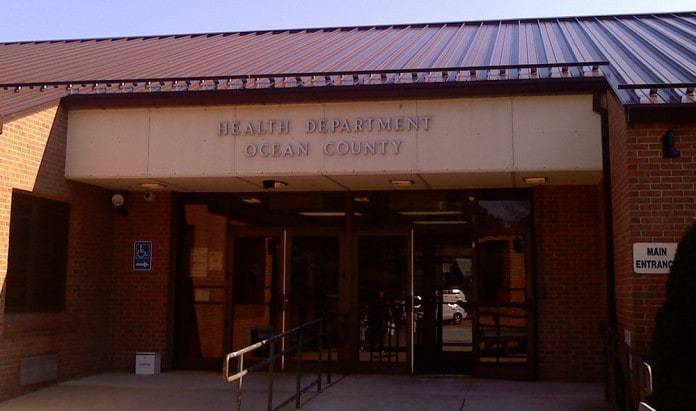
LACEY – A case of viral meningitis in the Lacey Township School District prompted the administration to contact the health department and educate parents about the condition.
Superintendent Craig Wigley sent out a letter to the community informing them of one child who was diagnosed with viral meningitis. The letter went on to explain how viral meningitis is brought on by other diseases that are often treated with rest and fever medications.
Once it was reported, the district asked the county Board of Health for more information. They were very helpful in explaining how the district should respond, he said.
“We followed the cleaning protocols and did a little extra,” he said.
There had been no additional students diagnosed, he said. The age of the student and the school where the student attended was not released.
In the letter, he directed people to call their family doctor or the Ocean County Health Department for more information.
Viral Vs. Bacterial Meningitis
There is a significant difference between viral and bacterial meningitis, said Jen Crawford, an epidemiologist who supervises the Ocean County Health Department’s communicable diseases department. She spoke about meningitis in general, and not specifically about the case in Lacey.
A school district’s response to viral meningitis is only to follow the prescribed cleaning regimen, usually nothing more than is required in any other day, she said. It would be recommended to clean common areas more during flu season.
Bacterial meningitis can be far more serious, and could require a much more active response, she said.
However, it is important to note that meningitis is a symptom of a disease, and not a disease by itself, she said. It is defined as inflammation of the meninges, which is the covering of the brain and spinal column. So, someone can’t “catch” meningitis, she said. They would catch a disease that might cause a symptom of meningitis.
“Viral meningitis is more common in the summer and fall,” she said. However, “it’s not something overly common.”
What Parents Should Do
Concerned parents should make sure that their children practice good hygiene, as always, Crawford said. Hands should be thoroughly washed. Children shouldn’t share cups or beverages.
“Parents should be aware of any changes in their baseline health,” she said. Anything out of the norm should be cause for concern.
If a child gets a fever, starts vomiting, and develops a sensitivity to light, then that is a possible indication that they need to see a doctor, she said.
“Most don’t progress to needing extra care,” she said.






